Amine El Assouri, Stalks
In an increasingly digitized world, schools face major challenges when it comes to sharing and managing data. As collaboration between different departments or entities becomes crucial to quality education, it raises important legal issues. The aim of this article is to examine the legal implications of data sharing in the school environment, and to propose strategies for ensuring that information exchange is both efficient and compliant with current regulations.
Understanding the legal implications of data sharing in schools
Data sharing in schools isn’t just about technology, it’s also about complying with legislation. Laws such as RGPD (General Data Protection Regulation) in Europe, and FERPA (Family Educational Rights and Privacy Act) in the US, have been established to protect students’ personal data. These laws impose strict obligations on schools in terms of consent, notification, and data protection. It is essential for schools to understand these laws and ensure that their data-sharing practices comply with these regulations. It is therefore important to understand the implications of these laws and how they influence data management in schools.
Best practices for secure data sharing
Secure data sharing requires a holistic approach, combining technical and organizational measures. Data management systems need to be robust and secure, with protocols such as data encryption to prevent unauthorized access. In addition to the technical infrastructure, it is crucial to involve staff and train them in data security best practices. This training should cover aspects such as secure handling of sensitive information, recognition of phishing attempts, and what to do in the event of a data breach. The aim is to gather practical advice on how to implement these systems and protocols, and how to create a culture of data security within the establishment.
Technological innovation and ethical governance in school data sharing
The adoption of advanced technologies such as artificial intelligence and cloud computing is revolutionizing data sharing in schools. These tools offer more secure and efficient ways of managing educational information, notably through integrated management platforms and sophisticated encryption methods.
At the same time, ethical data governance is gaining in importance. Schools need to establish clear data confidentiality and integrity policies, while ensuring transparency and accountability in their management. Involving stakeholders, including students and parents, is crucial to building trust and understanding around data use.
These technological developments and governance practices are all part of the drive to create a secure and responsible educational environment for data sharing.
Conclusion
Data sharing in schools is a delicate and complex subject. By being aware of the legal issues and adopting secure data sharing practices, schools can not only comply with the law, but also improve their efficiency and the quality of the education they provide. It is imperative that educational establishments stay informed and adapt their practices to legislative and technological developments to ensure responsible and legal data management. Ultimately, the aim is to create an environment where data is shared in a way that enriches the educational experience while protecting students’ privacy and security.



